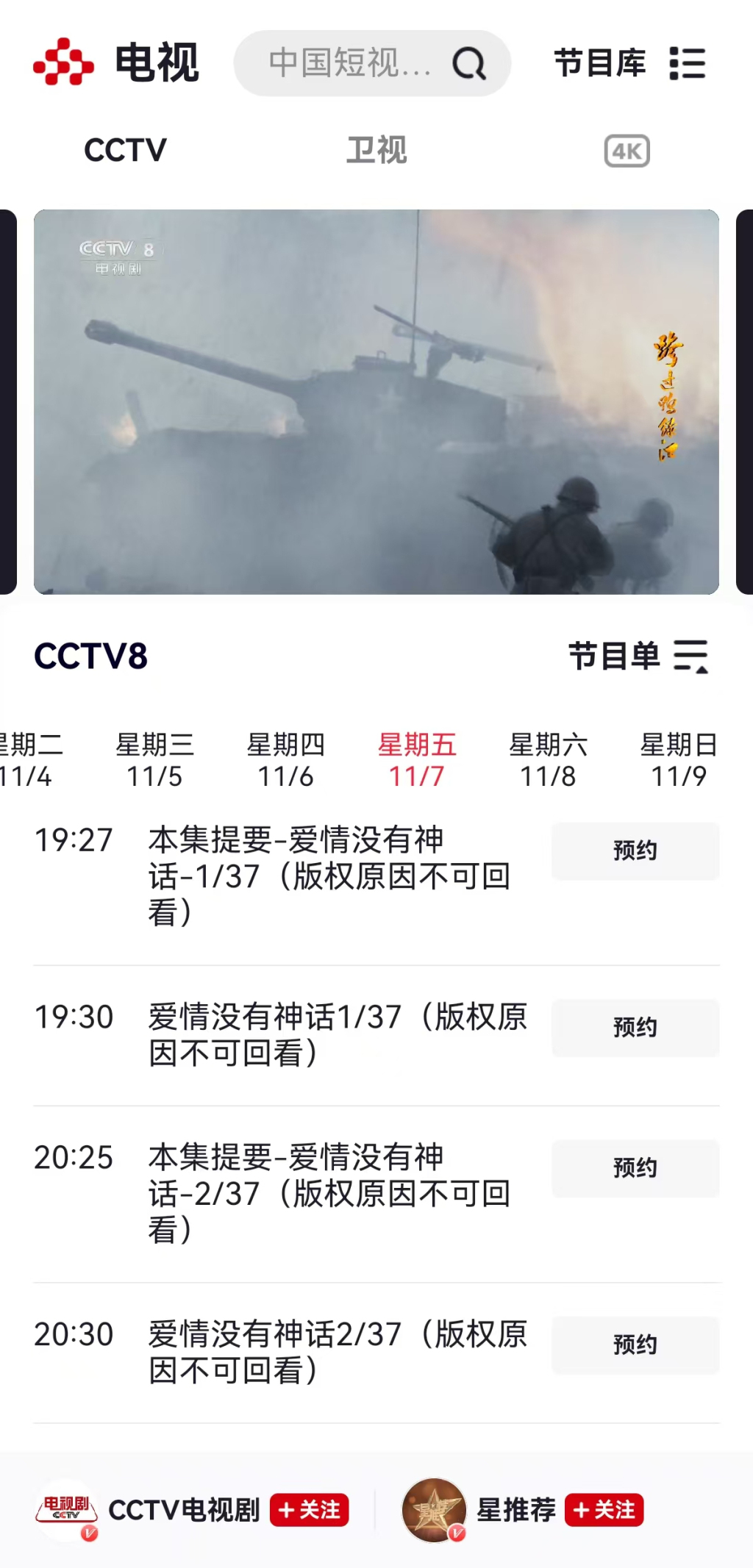
The recent finale of "Half-Ripe Men and Women" marks the conclusion of this distinctive urban romance drama. In the series, love is infused with a stark sense of reality. The narrative revolves around the emotional experiences of three women, illustrating a tapestry of urban "transitional love," while exposing the calculations, lies, hypocrisy, selfishness, and a hint of genuine feelings that often underpin relationships. This adaptation is a softened presentation of the story and characters from the original work, "There Are No Kind Men or Believers Here."

The main storyline centers on the emotional experiences of three women.
In a recent media interview, producer Qi Shuai candidly shared that the adaptation of the script took over two years, with the team striving to retain the essence of the original while ensuring the plot aligns with mainstream values and deepens its explorability. She stated, "What initially attracted us to the original work was that each character presents a plethora of topics worthy of discussion. We hope that through these little details, audiences can feel the vibrancy of the characters' lives."
From my perspective, this series indeed showcases several surprisingly authentic portrayals of urban youth. For instance, in the early episodes, the character Qu Yipeng (played by Xin Yunlai) garnered significant discussion, even breaking away from certain male character archetypes typically seen in urban romance dramas. He is a "town quizzer," a "phoenix man," who, in pursuit of material success, betrays his long-term relationship with Han Su (played by Zhou Yutong) to chase after what he perceives as a "rich second generation." However, the thorough exploration of his background reveals the complexities behind his "bad boy" traits, allowing viewers to evaluate his character beyond a simplistic condemnation of "bad men deserve punishment," encouraging reflection on real people within their own lives.

He Zhinan and Qu Yipeng
During the airing of "Half-Ripe Men and Women," countless discussions arose online about "phoenix men," "bad women," "sea kings and queens," and "mistresses." These familiar labels in the online landscape themselves offer room for reflection. When internet users apply these labels to characters, they are essentially redefining and discussing individual responsibilities and rights within romantic relationships. For instance, critiques of "gold diggers" reveal society's contradictory attitudes towards material enjoyment and moral obligation, while the "phoenix man" label reflects anxieties and issues of identity associated with social mobility. These labels have become tools for contemporary society to reassess moral concepts and gender roles.
Looking back over the past few decades, the emotional themes in Chinese television dramas have predominantly centered on family responsibilities, marital stability, and traditional ethics. For example, the classic drama "Desire," which captivated a generation, reflected the romantic ideals at the onset of reform and opening-up, with the male and female leads prioritizing stability, safety, and responsibility in a relationship, emphasizing harmony in family and social connections. Similarly, "Struggle," which swept across the nation over a decade ago, also focused on the lives and loves of urban youth, stressing hard work and ideals. However, the characters of陆涛, 米莱, and 夏琳, despite their rebelliousness and moral flaws, still subscribed to the narrative of "true love is the most precious," ultimately leading to a conventional happy ending through marriage.

Han Su and Qu Yipeng
In contrast, "Half-Ripe Men and Women" presents a noticeable shift in the love and values of contemporary youth. The female characters express a yearning for personal careers and emotional independence, even amidst controversies associated with "mistresses" and "gold diggers," as embodied by the character Sun Hanhai (played by Zeng Mengxue), who aspires for career achievements and wishes to empower herself. In comparison, even though Summer Lin from "Struggle" is depicted as an independent and strong urban woman, her love for Lu Tao was prioritized, leading her to forgo studying in France.

The triangular relationship of Sun Hanhai (right) with Zhou Bin (center) and Zeng Cheng (left)
This reflects a significant transformation in the notions within urban Chinese culture—love is no longer merely a "safety net" in life, but a means of self-actualization and independence. Love has shifted from being a necessity to a consumable or even a luxury for some. This transformation is not only a result of improved economic conditions but also reflects the open-mindedness of social ideas and the diversification of personal values. Today's youth, especially women, place greater importance on individual autonomy, particularly in their choices regarding love and marriage, presenting a stark contrast to the dramas of decades past.
However, such works remain scarce in the current market. More urban romance dramas continue to offer the "CEO falling for me" trope, granting exhausted young people in the city brief moments of relaxation and escapism. While the existence of such productions is understandable, their overly simplistic characters and narrow value presentations warrant caution. In the internet age, the relationship between artistic works and their audience is interactive; artistic works shape the audience's perspectives and value choices, while audience perceptions feed back into the public discourse online, influencing the themes, characters, and viewpoints that are chosen for production. This can lead to a superficial culture that shapes superficiality, where extreme views breed more extreme views, stifling innovation and exploration with tradition and conservatism, ultimately detrimental to the long-term development of artistic works. "Half-Ripe Men and Women," amidst a sea of "true love narratives" in the Chinese drama market, dares to question and analyze the notion of true love, which is certainly deserving of applause.

A small skit featured at the end of each episode.


